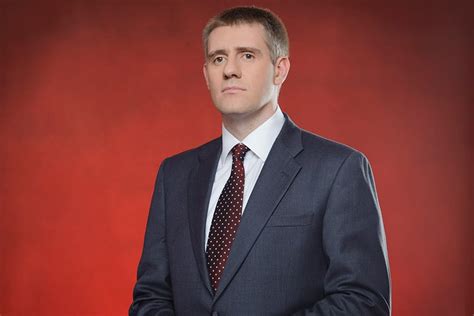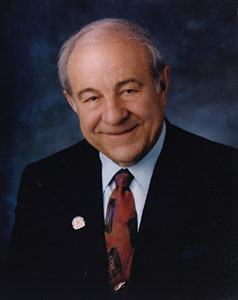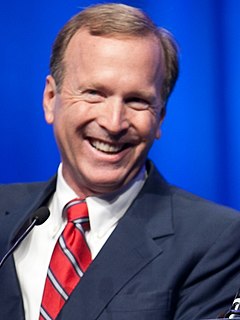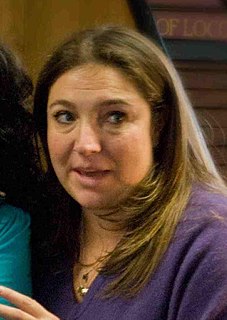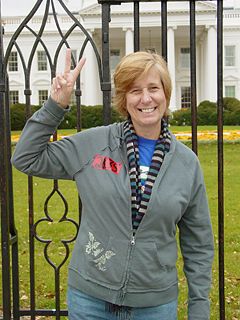A Quote by Igor Luksic
Through the 'It's About Ability' campaign and with parents and other members of society, we have created a social family for children with disabilities.
Related Quotes
What we often take to be family values--the work ethic, honesty, clean living, marital fidelity, and individual responsibility--are in fact social, religious, or cultural values. To be sure, these values are transmitted by parents to their children and are familial in that sense. They do not, however, originate within the family. It is the value of close relationships with other family members, and the importance of these bonds relative to other needs.
Modern children were considerably less innocent than parents and the larger society supposed, and postmodern children are less competent than their parents and the society as a whole would like to believe. . . . The perception of childhood competence has shifted much of the responsibility for child protection and security from parents and society to children themselves.
The television screen is the lens through which most children learn about violence. Through the magnifying power of this lens, their everyday life becomes suffused by images of shootings, family violence, gang warfare, kidnappings, and everything else that contributes to violence in our society. It shapes their experiences long before they have had the opportunity to consent to such shaping or developed the ability to cope adequately with this knowledge.
A society which makes provision for participation in its good of all its members on equal terms and which secures flexible readjustment of its institutions through interaction of the different forms of associated life is in so far democratic. Such a society must have a type of education which gives individuals a personal interest in social relationships and control, and the habits of mind which secure social changes without introducing disorder.
It needs more than ever to be stressed that the best and truest educators are parents under God. The greatest school is the family. In learning, no act of teaching in any school or university compares to the routine task of mothers in teaching a babe who speaks no language the mother tongue in so short a time. No other task in education is equal to this. The moral training of the children, the discipline of good habits, is an inheritance from the parents to the children which surpasses all other. The family is the first and basic school of man.
Consider children as a beat. Clearly not an institution of power, children don't vote and they don't pass taxes. They have no money, and they don't buy newspapers or watch the news on television. Consequently, children are one of the most neglected segments of society in the news, except as a subtopic of other power beats such as education, family, and crime. Children are in serious trouble in this society, which means the foundation of our society is in trouble, which means the future is in trouble, and that is news.
